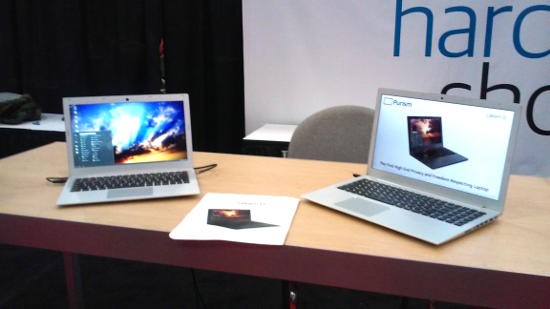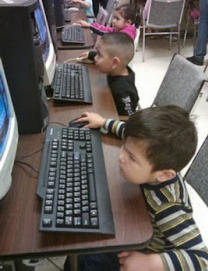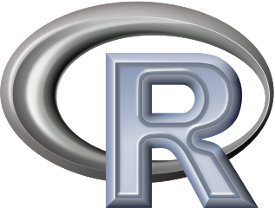Your digital rights — do both your hardware and software respect them?
Because if they don’t, Purism might have the answer to this shortcoming.
At OSCON, Purism has on hand the Librem 13 and Librem 15 laptops – the numbers designating the screen size (13-inch and 15-inch, respectively) — which are both designed, chip-by-chip and line-by-line to respect your rights to privacy, security and freedom, which is Purism’s philosophy.
 “We developed Purism so that users can have access to the highest quality computers without compromising these beliefs,” the Purism website states. “The founder of Purism developed the Philosophical Contract, that we all abide by, which was adopted from the Free Software Foundation, and expanded to include hardware manufacturing as it relates to software.”
“We developed Purism so that users can have access to the highest quality computers without compromising these beliefs,” the Purism website states. “The founder of Purism developed the Philosophical Contract, that we all abide by, which was adopted from the Free Software Foundation, and expanded to include hardware manufacturing as it relates to software.”



 The trolls are still at it. In spite of the fact that the Supreme Court was busy ruling against them last year — between January and June it ruled against patent holders six times — the number of cases being brought by non-practicing entities (NPE), which is one measure of a troll, continues to rise. According to a report published in June by patent defense organization
The trolls are still at it. In spite of the fact that the Supreme Court was busy ruling against them last year — between January and June it ruled against patent holders six times — the number of cases being brought by non-practicing entities (NPE), which is one measure of a troll, continues to rise. According to a report published in June by patent defense organization 

 None of them even approach usability for the everyday computer user. None. And you would think that of all these choices, one of them has to work…or provides documentation reasonable enough for everyone. You would think.
None of them even approach usability for the everyday computer user. None. And you would think that of all these choices, one of them has to work…or provides documentation reasonable enough for everyone. You would think.
 MS Writes a Check: Well, this was probably inevitable. With a generous donation, Microsoft has become a gold contributor to the OpenBSD project — the first gold contributor — in an effort to get OpenBSD’s help in porting OpenSSH to Windows. This comes from a
MS Writes a Check: Well, this was probably inevitable. With a generous donation, Microsoft has become a gold contributor to the OpenBSD project — the first gold contributor — in an effort to get OpenBSD’s help in porting OpenSSH to Windows. This comes from a 


 And then, there I was, standing in my pajamas at 10:30 p.m., staring at the screen of our first color television set. My mom made us stay up late to watch “the most important event in history,” according to her. Neil Armstrong was about to set the first human footprint on the moon. Although later I thought the real important event was David Scott taking the coolest dune buggy ride ever during Apollo 15. Of lesser impact to most might be the Kent State massacre, Woodstock and the death of John Lennon.
And then, there I was, standing in my pajamas at 10:30 p.m., staring at the screen of our first color television set. My mom made us stay up late to watch “the most important event in history,” according to her. Neil Armstrong was about to set the first human footprint on the moon. Although later I thought the real important event was David Scott taking the coolest dune buggy ride ever during Apollo 15. Of lesser impact to most might be the Kent State massacre, Woodstock and the death of John Lennon. It inspires awe how quickly Friday comes along — one minute I’m talking stories for publication with my colleagues Ken Starks and Christine Hall, and the next thing I know, deadlines are poking me in the shoulder and saying, “Well…?”
It inspires awe how quickly Friday comes along — one minute I’m talking stories for publication with my colleagues Ken Starks and Christine Hall, and the next thing I know, deadlines are poking me in the shoulder and saying, “Well…?”
